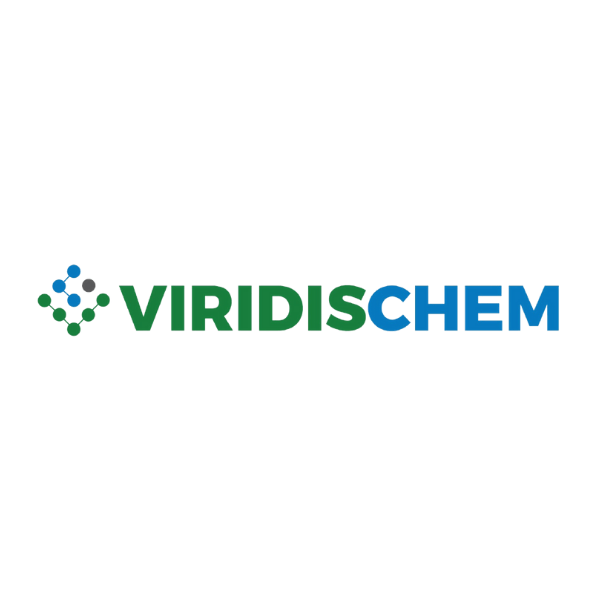By Yashas Rao
Personalities define people, it is what makes each and every one of us unique. Functional groups in molecules are the equivalent of a personality, it is what separates them from similar molecules. Functional groups, found primarily in organic compounds, are constituents in a molecule that have variable properties during reactions. These functional groups contain reactive atoms – ranging from halogens (chlorine, fluorine, iodine, etc.), negatively charged phosphate groups, and just a simple double bond between two carbon atoms. Functional groups cannot be avoided in chemistry and can be both useful to the well-informed and detrimental if not properly understood. This necessitates the need to gain a complete understanding of the reactivity of functional groups.
Let us consider alcohol – wine, beer, etc. There is a molecule called ethanol in alcohol which is responsible for the ‘drunk’ feeling. There are more compounds present in wine and beer than just ethanol, why is it specifically ethanol? Functionality brought upon by the reactive functional group. Ethanol is composed of a 2-carbon chain and a hydroxyl group (-OH), which is a functional group. Hydroxyl groups are extremely reactive and generates a dipole (essentially an electric charge due to the unequal sharing of electrons) which transforms the unreactive carbon chain. Ethanol functions as an inhibitor of neurotransmitter receptors, consequently releasing unregulated amounts of dopamine. If a simple hydroxyl group can result in these drastic effects, imagine how much chaos that multiple functional groups, known as polyfunctionals, within a compound can cause.
Therefore, understanding functional groups and their reactivity (or personality) is necessary to continue the practice of green chemistry. Understanding the possible reactions that are tied with functional groups, as well as understanding the cooperative effects in polyfunctional compounds is extremely important. When industries develop processes, functional groups of reagents and additives are studied to ensure that there are no adverse health effects involved, but they do not extensively search for compounds that are the environment-friendly choice either. This indicates that there is a need to develop a tool that can analyze processes and fulfill the safety guidelines, while also presenting environment-friendly alternatives.
ViridisChem is a software company offering essential toxicity data and tools for companies to move towards sustainable product development.
We have the world’s most comprehensive toxicity database with over 90 million chemicals, and utilizing this data, our software tools provide toxicity analysis of chemicals, mixtures and formulations, and product development processes.
Demonstrations

Chemical Analyzer for Lab Safety

Chemical Analyzer for Process Development
